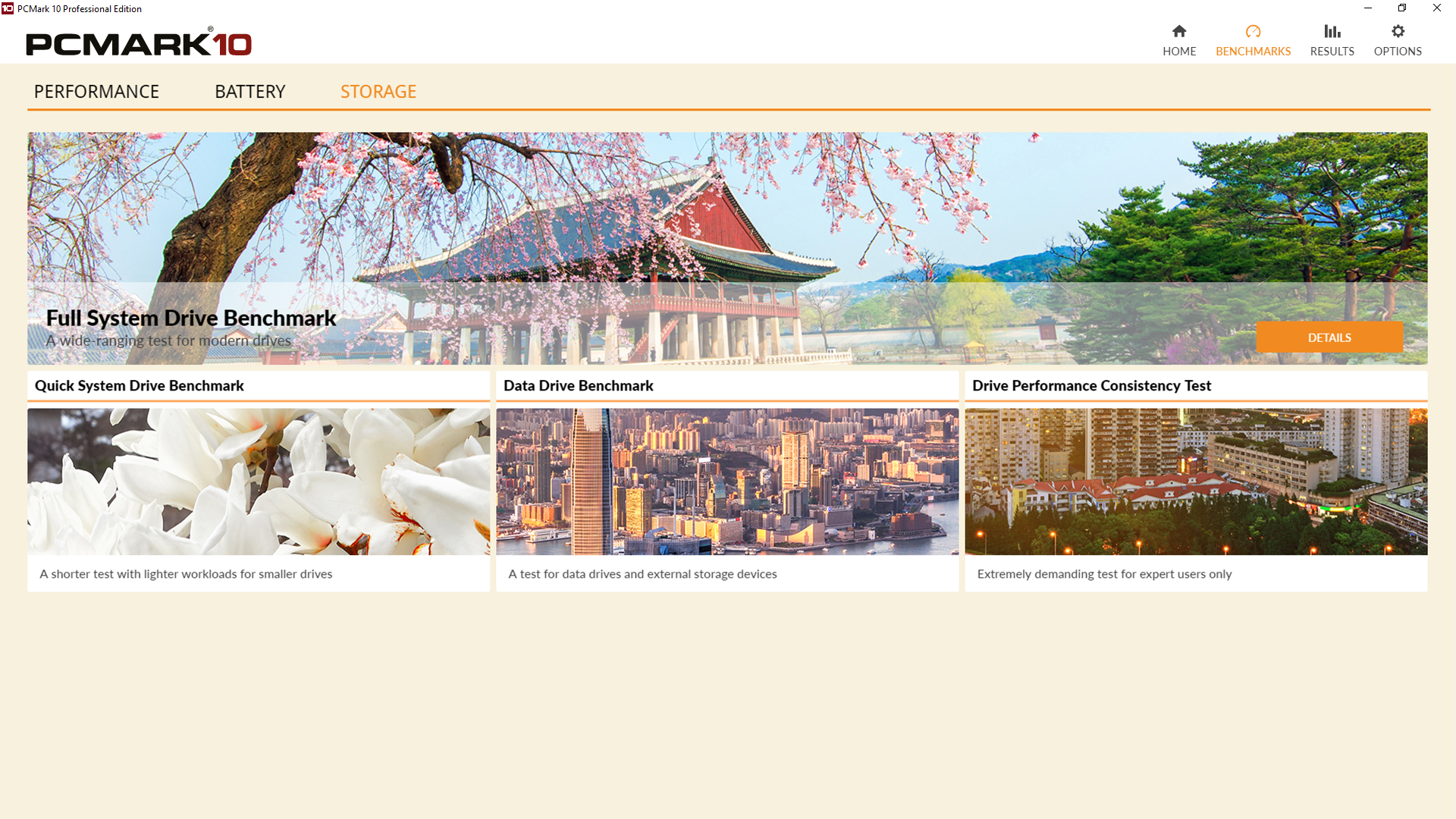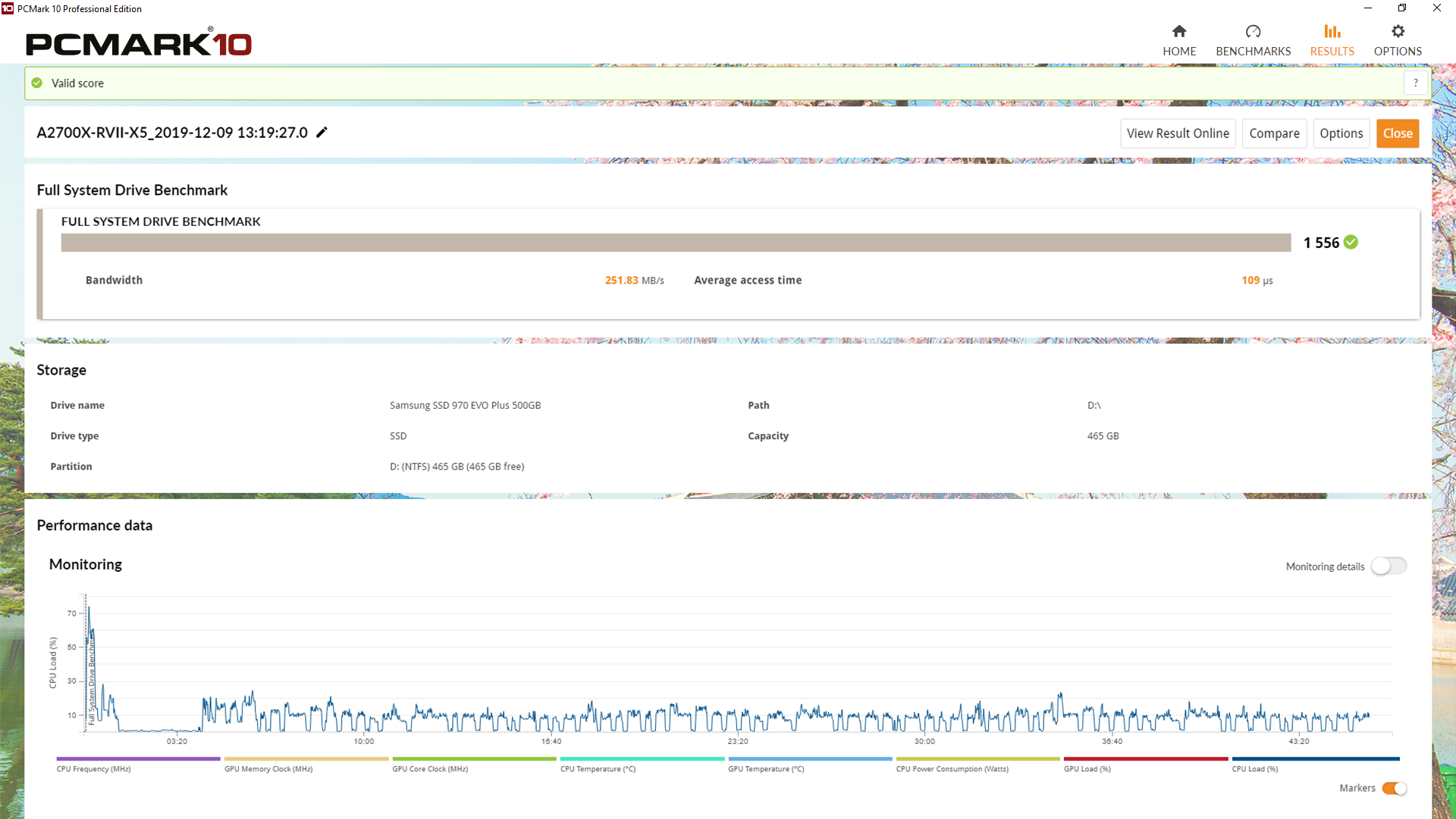New PCMark 10 Storage Tests Debut
Wanna hammer your SSD into oblivion? This test is for you.

Long-awaited by storage enthusiasts like myself, today UL Benchmarks released an update to the company’s PCMark 10 dedicated storage benchmarking tools.
The new benchmarks enable provides the tools to test and compare drive performance. Unlike previous versions of PCMark’s Storage Benchmark, it aims to be the modern benchmark for modern drives. PCMark 10’s storage benchmarks are designed to be used with both the slowest and fastest storage devices, including Intel’s Optane SSDs.
Real World Relevance
Unlike synthetic benchmarks, PCMark 10’s aims to relate manufacturers' technical specifications to practical real-world performance data in a simple-to-use way. The test suite features four separate storage benchmarks covering various real-world traces from common tasks to popular applications.
Some traces are as simple as launching applications and booting Windows 10, while others include copying several large files and many small files and can even track performance while working with common office applications. This gives storage enthusiasts like me some extra insight into how a product truly stacks up.
PCMark 10 Storage Tests

- Full System Drive Benchmark – This benchmark uses a wide-ranging set of real-world traces to fully test modern drive performance.
- Quick System Drive Benchmark – This benchmark is shorter and features fewer demanding traces for smaller system drives that are unable to complete the Full System Drive benchmark.
- Data Drive Benchmark – This benchmark was designed to test a drive’s file’ storage performance rather than application performance. It is also able to run on USBs, NAS drives, and other external storage devices.
- Drive Performance Consistency Test – This test isn’t your run of the mill storage benchmark; this thing hammers the device under test hard. It is a long-running test with heavy work-load access patterns that shows in-depth reporting on how the device adapts to different conditions.
Once testing completes, PCMark 10’s Storage Benchmarks calculate an overall score showing relative drive performance so that you can compare devices by simply looking at their score. Bandwidth and average access time are also reported. And, you can also compare up to four test results at once in the PCMark 10 app, or as I do, export the results into Microsoft Excel for thorough analysis.
Available now
It’s available now as a free update for those who already own a professional edition license. For those who haven’t purchased it, PCMark 10 Professional Edition starts at $1495 per year for new customers. If you are interested, you can visit the UL Benchmarks website to request a quote for your specific use.
Get Tom's Hardware's best news and in-depth reviews, straight to your inbox.

Sean is a Contributing Editor at Tom’s Hardware US, covering storage hardware.